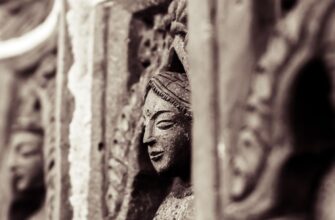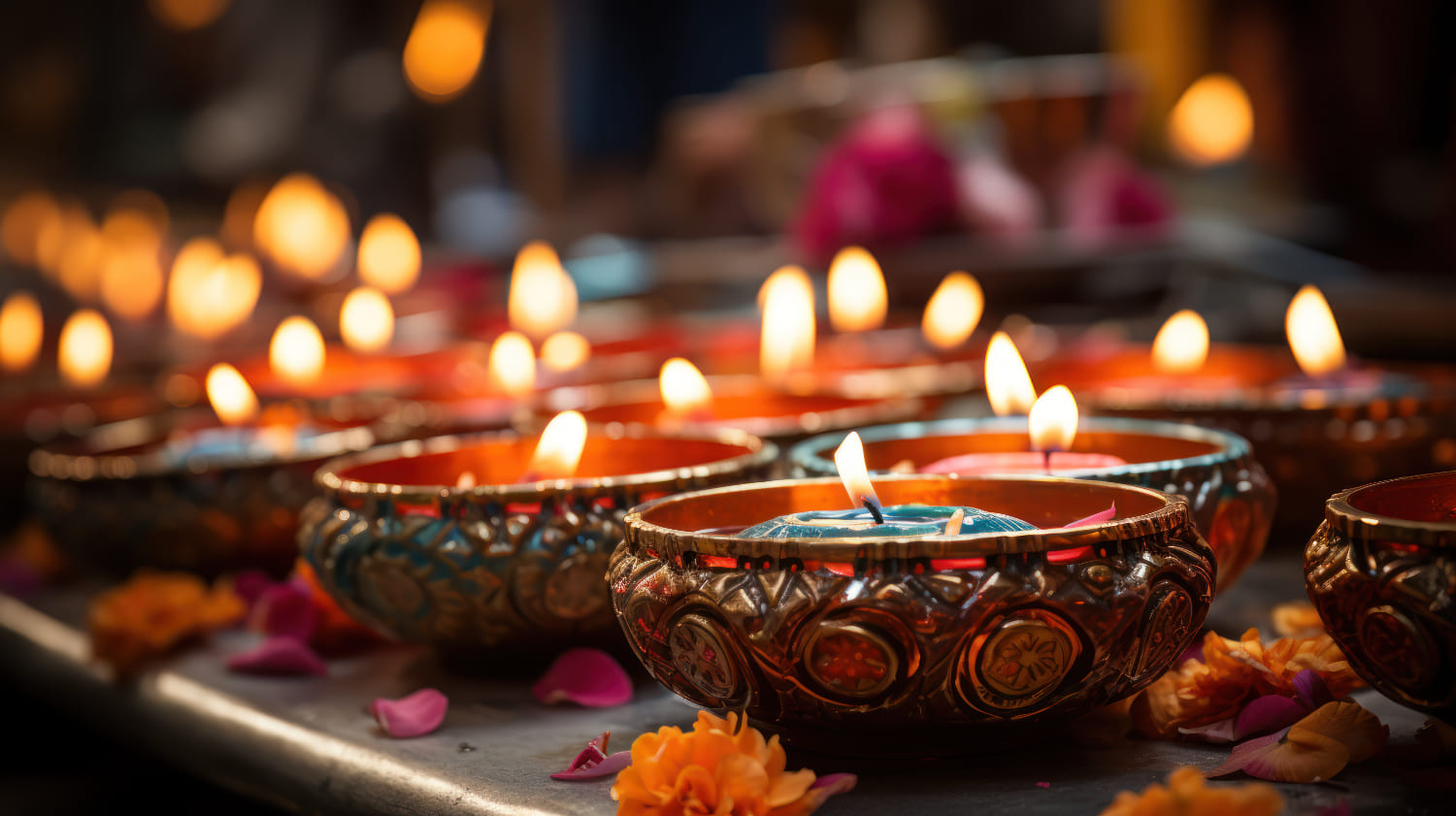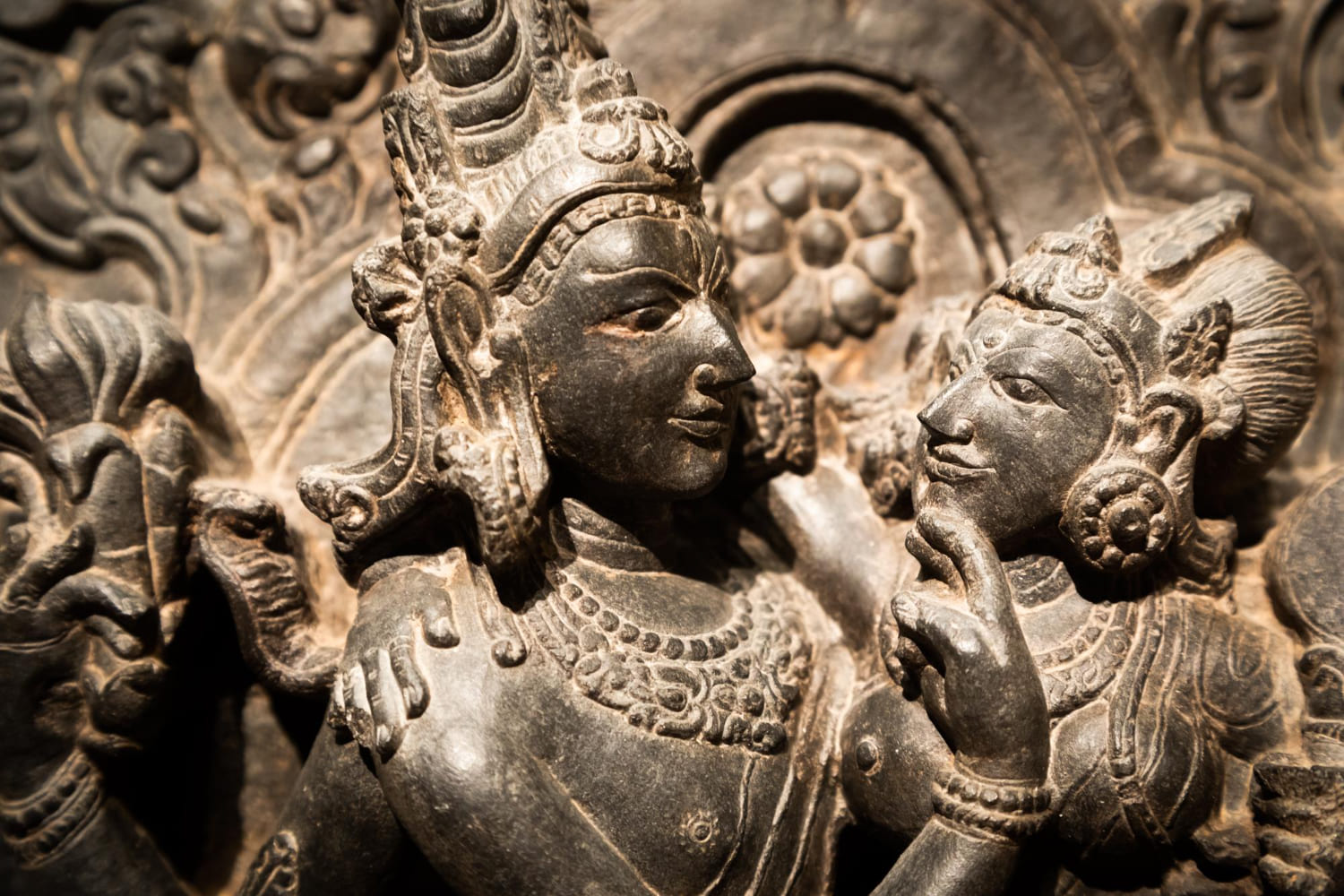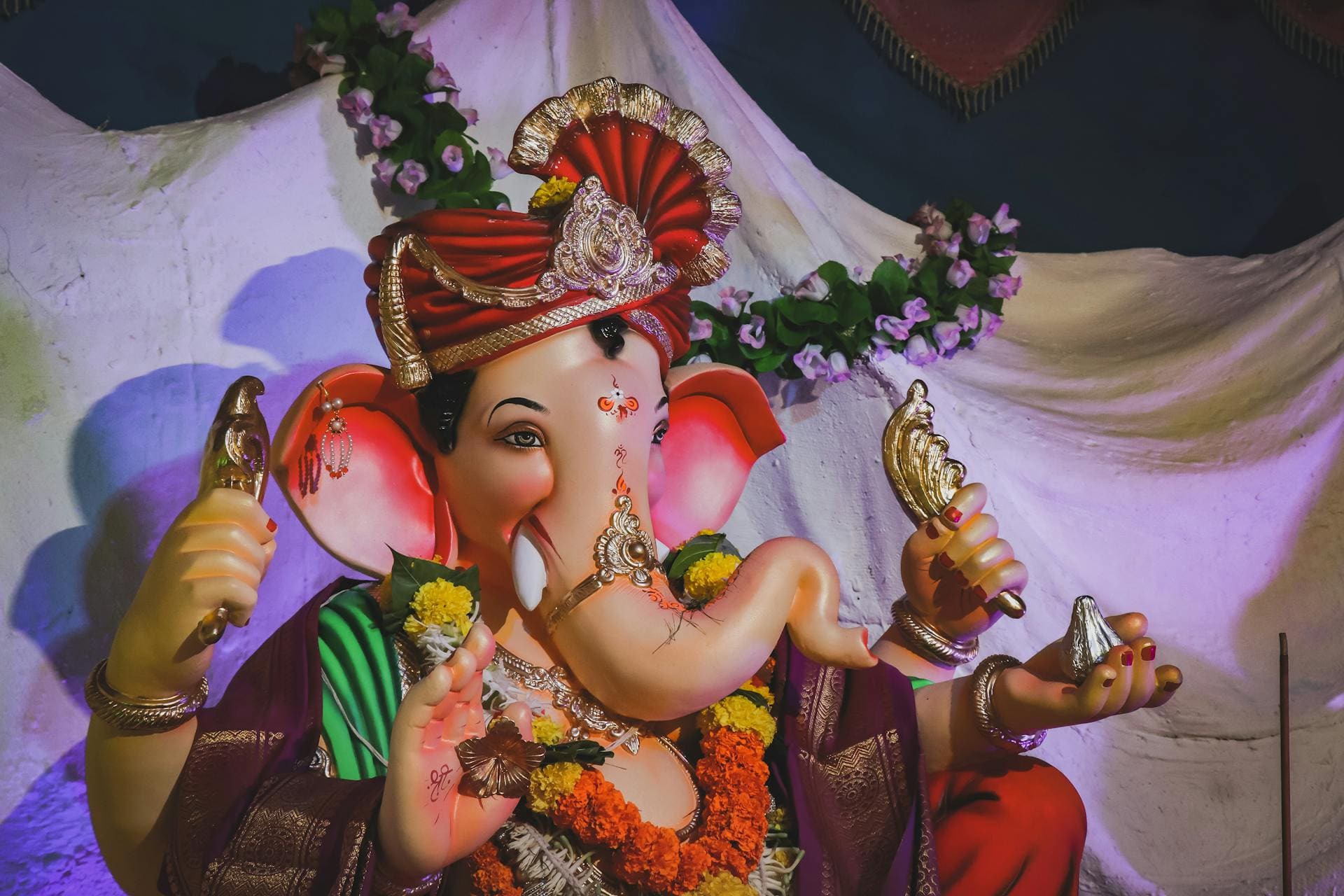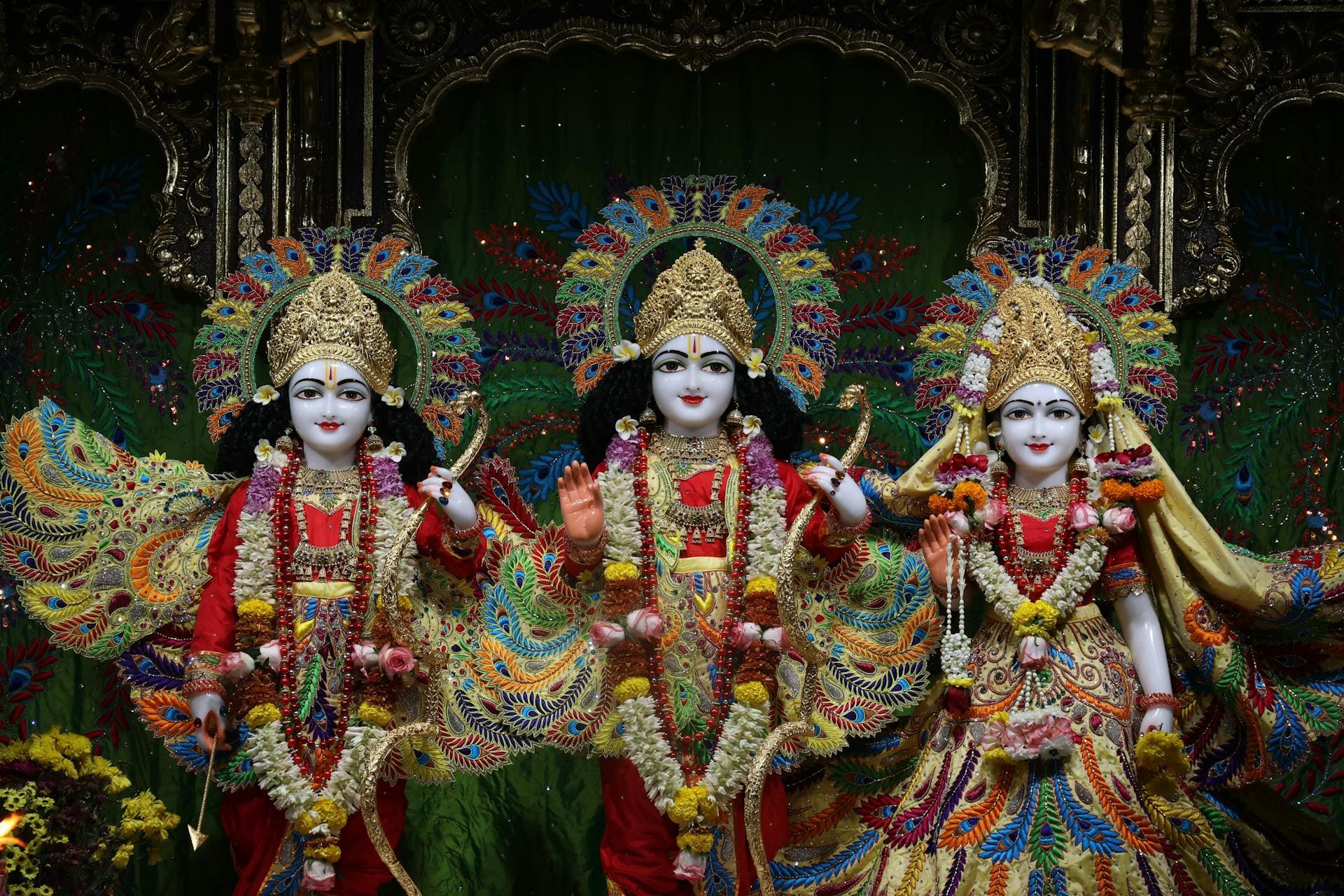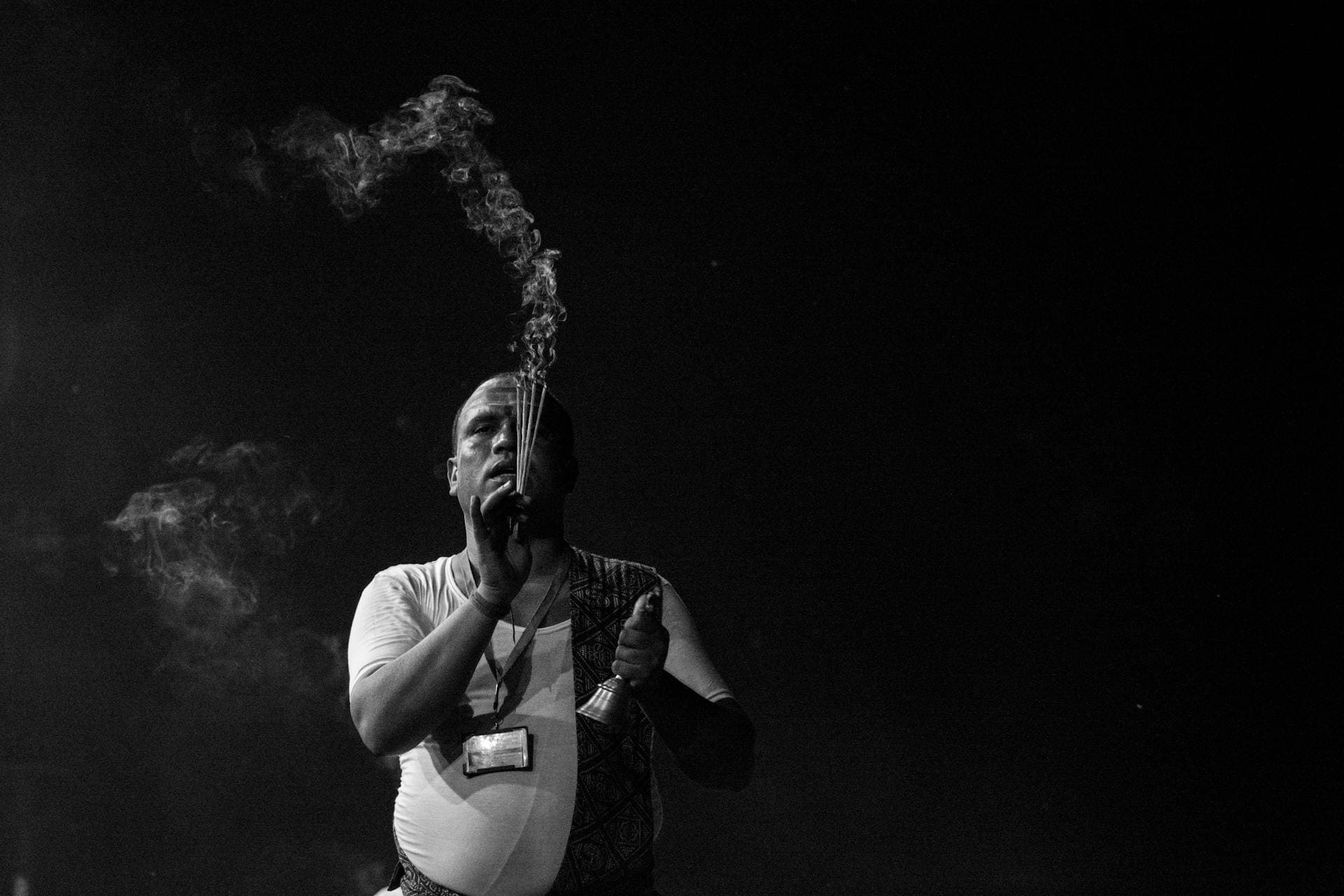There are many religions that have rules around diet, whether those rules revolve around what can or can’t be consumed or give preparation suggestions for certain dishes.
One common assumption is that Hindus are vegetarians, but do Hindus eat meat?
A lot of Hindus don’t eat meat, but it’s not because it’s required of the faith. There is Hindu rhetoric that discusses how one is expected to regard life in general, which for some Hindus, justifies the rationale to avoid eating animal-based foods.
There are different types of vegetarian diets that Hindus may choose to follow, and some are more strict than others.
For Hindus who choose not to eat meat, they have their own particular reasons for doing so that revolve around parts of the faith.
Are Hindus Allowed To Eat Meat?
Hindus are not expected to abstain from meat, but doing so is generally celebrated in Hinduism.
It is seen as an act of respect and reverence to other beings, while also being a way to keep the body clarified and nourished; also known as sattva.
It’s also not uncommon for Hindus to eat special diets or fast on specific holy days or during festivals, with many of the dishes naturally being meat-free.
For Hindus that also happen to be from Indian regions, the diet is naturally rich in many plant-based foods, grains, and vegetables that allow for a balanced diet where meat isn’t required for health reasons.
Are Hindus Vegetarians Or Vegans?
Veganism is not a common dietary choice that Hindus seem motivated to make.
Instead, much of the focus, even for those who eat meat, is to reduce consumption where possible.
Many Hindus who eat meat won’t eat it very often, or may only eat certain types of meat prepared in specific ways.
Typically, a large portion of Hindus will either eat a vegetarian, lacto-vegetarian, or flexitarian diet.
Vegetarians will not eat any kind of meat but will eat animal byproducts like dairy and eggs, while lacto-vegetarians will abstain from meat and eggs but will consume dairy.
A flexitarian is someone who doesn’t follow a specific diet but may opt-out of meat from time to time.
Why Don’t Some Hindus Eat Meat?
For Hindus who choose not to eat meat, it’s due to the way life is regarded in many of the teachings.
In Hinduism, all life is seen as blessed and all life forms are believed to possess a soul. With the belief of reincarnation, it’s believed that souls can be given new life inside a new vessel, which could be human or animal.
As such, it can be seen as either wrong or disrespectful to cause harm to another life for the purpose of food.
This is not a universal belief of all Hindus, though it can be said that certain regions where Hinduism is commonly practiced just happen to be ones that don’t have meat-rich diets.
One thing to recognize about Hinduism is that there is no one singular way to practice the faith.
There are common beliefs held by people who practice Hinduism, but there are also a lot of holy texts to pull from that aren’t always interpreted the same way.
Is There Any Meat That Hindus Won’t Eat?
A large majority of people who practice Hinduism will not eat beef regardless of their dietary choices. The cow is seen as a sacred animal to Hindus that is meant to be cherished and not harmed.
Many Hindus will also abstain from eating any food made with animal fat, such as gravy or lard, and also stay away from certain pork dishes.
Certain kinds of fowl or poultry will also be avoided, such as turkey, duck, or domestic chicken.
In terms of animal-based products, a lot of Hindus will not eat eggs. Some may also stay away from ghee despite it being common in Indian cuisine because it contains dairy.
Final Thoughts
Some Hindus eat meat, while some Hindus avoid it completely.
A lot of Hindus will fall somewhere in the middle, where they might eat meat occasionally but it isn’t a staple in the diet.
The only exception seems to be meat from cows, as the cow is revered in Hindu culture.
Ultimately, Hinduism involves a lot less vegetarians than is assumed.
